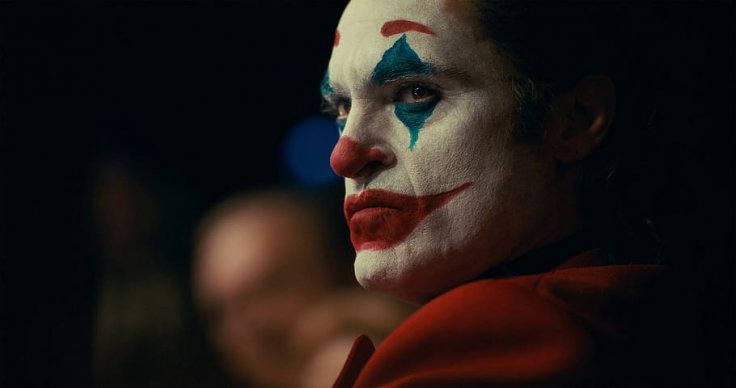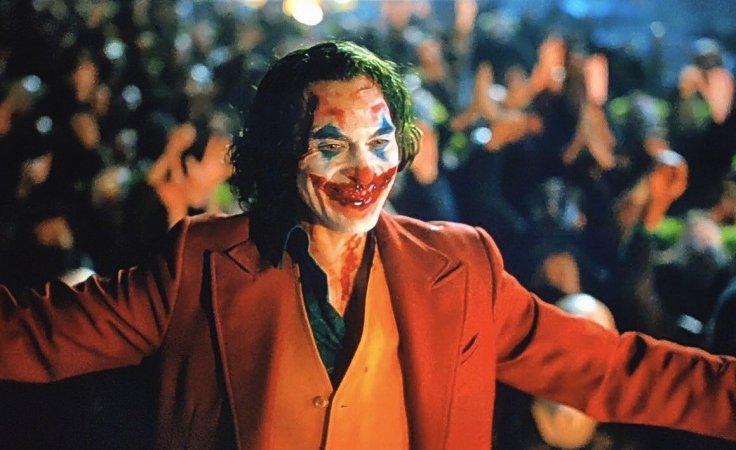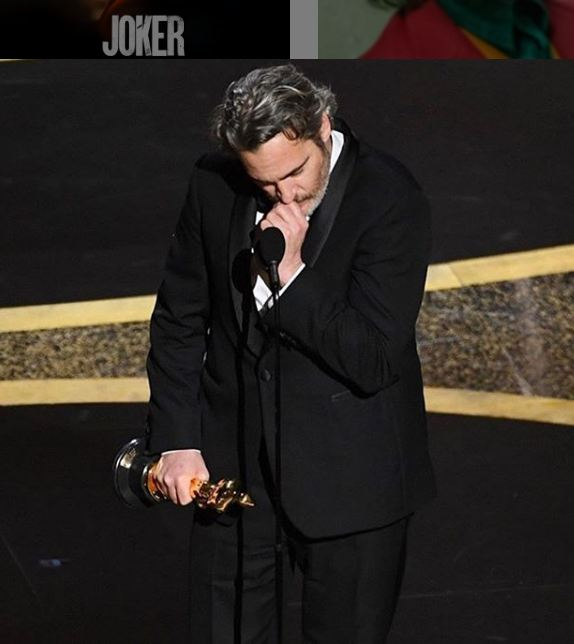When Joaquin Phoenix made his way on to the silver screen in Joker, it was nearly certain that Phoenix would take home several accolades for his performance. And he did. However, the movie drew flak for representing people with mental illness and possibly breeding prejudice against them. A study by researchers from the University of Otago, suggests that it definitely did.
According to the study, people who watched the Joker showed increased bias towards people with mental health disorders. "Joker was associated with higher levels of prejudice toward those with mental illness," the authors wrote.
The Todd Philips-directed movie starred Phoenix as the troubled Arthur Fleck, a failed party clown and aspiring stand-up comedian, who deals with mental health issues. The movie explores Fleck's deteriorating psychiatric condition and how it leads to his assuming the persona of the Joker.

Measuring prejudice
In order to ascertain whether there was an association between the Joker and prejudice towards people suffering from mental illness, the researchers enrolled 164 participants over the age of 18. They were either assigned to watch the Joker or Terminator: Dark Fate, the latter serving as the control condition. Split more or less evenly, 84 were assigned to the group viewing Joker and 80 to the one attending the screening of Terminator: Dark Fate.
They were asked to sign an online consent form before being presented with a survey known as the 28-item Prejudice Toward People With Mental Illness (PPMI) scale. The survey gathered their views on a set of 28 statements that enables in measuring the four factors that underlie prejudice and stigma towards individuals with mental illness — authoritarianism, fear, malevolence and unpredictability. Following the viewing, the participants were asked to answer the survey again.
"We hypothesized that, compared with viewing Terminator: Dark Fate, viewing Joker would be associated with higher levels of prejudice toward individuals with mental illness," the authors wrote.

Increased prejudice after watching Joker
As presupposed by the authors, the group that was shown Joker, showed a statistically significant increase in prejudice towards people with mental illness. Before watching the Todd Phillips directorial, the average score on the PPMI scale for the group was 2.99. However, after the screening, it rose to 3.2.
This means that there was a sharp rise in the level of disinclination towards people that the character of Arthur Fleck represented. Unlike the Joker group, the rise in animosity in participants from the Terminator group showed a decrease in the average score as it went from 2.91 to 2.88 after watching the movie.
Clearly, the Joker seems to have had an impact on how people with emotional and psychological conditions were viewed as. "We were not surprised to see the movie increase prejudice toward people with mental illness," said Damian Scarf, corresponding author of the study, according to the Mail Online.

Possibility of increased prejudice and self-stigma
While the movie became the first R-rated flick to gross over $1 billion at the box office, the authors warn that such depictions could diminish the support and advocacy toward people with troubled minds. "Beyond prejudice, associating mental illness with violence may erode support for policies that we know to be beneficial for those with mental illness," cautioned the authors.
Another important danger that the researchers highlighted was that portrayals such as in Joker, could magnify the self-stigma individuals with poor mental health associated with themselves. This could ultimately lead to delay or refrainment from seeking professional help they added.
The authors concluded on a somber note: "In The Dark Knight, Joker asks, 'Why so serious?' One might level that question at us, arguing that Joker is nothing to be concerned with. However, what this view ignores is the profound consequences prejudice has on those with a mental illness."









